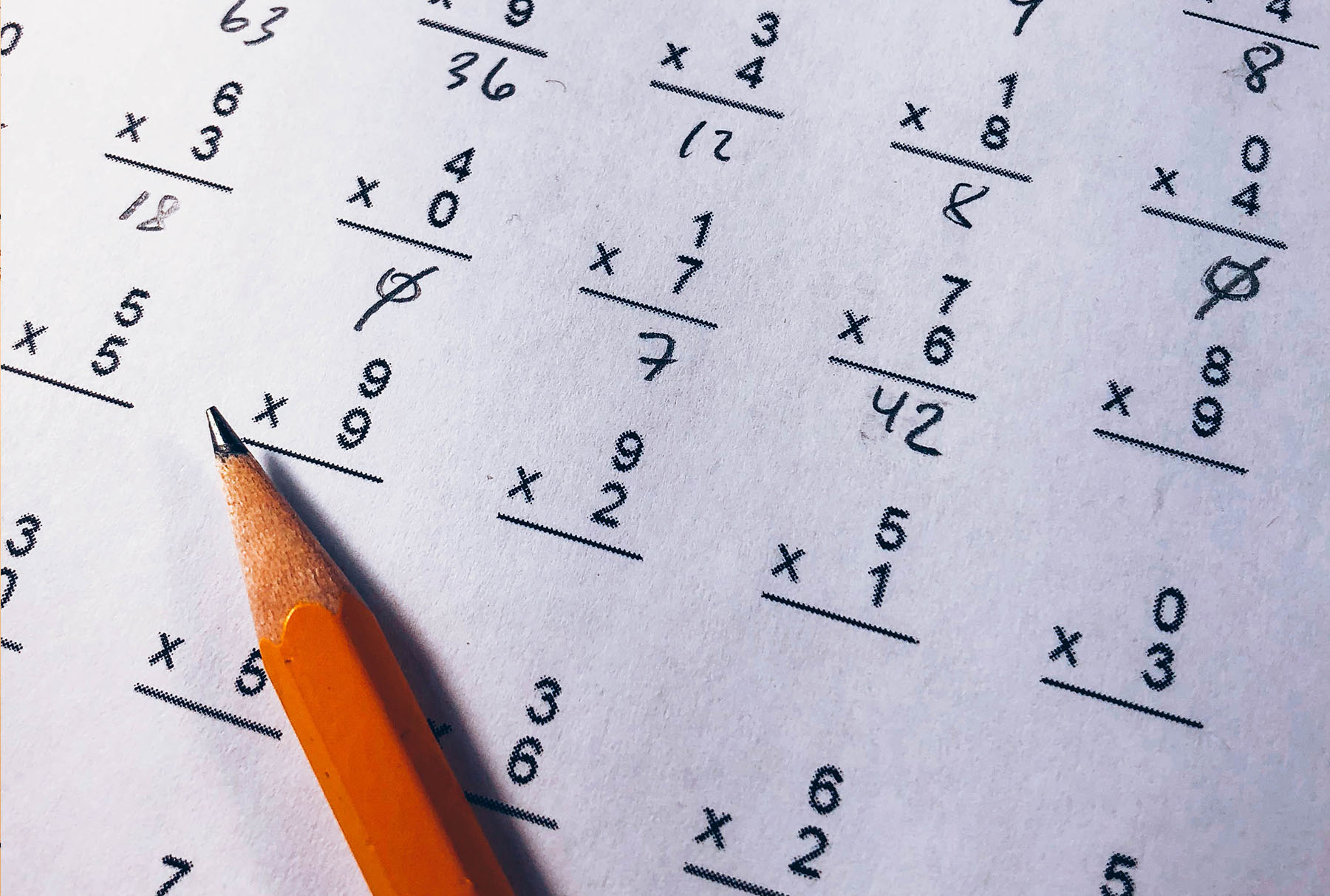Exam Technique for 24 Hour Take Home Exams
24 hour take home exam technique will be a little different to a traditional exam on campus, although some aspects will be the same.
Decide when you will do the exam, during the 24 hour period. You might like to consider:
- When you're least likely to be disturbed
- When you have access to the technology you need
- When you concentrate best (mornings, afternoons, evenings)
Decide how you want to use your time. You won't be expected to spend more on it than you would on a traditional exam, but you could:
- Do it all in one go to maintain your focus and get it done
- Split it up so you have a break in the middle and you don't get tired
- Divide the time up over the day so you read the questions and go away and think about them, come back and plan your answer, assembling your materials if needed, take a break and then draft it, take a break and then check your answers.
Keep a strict eye on time.
- You need to note the deadline by which it has to be submitted and be ready to submit well before then, in case of technical issues
- Set timers to make sure you stick to timings and don't overwork. You might choose to spend a little longer than recommended, or you might have additional time if you are entitled to it as a reasonable adjustment, but make sure you do set some boundaries around it or you are likely to become overtired and lose focus. There will be a point beyond which you are not improving your mark by spending more time on your answers, and if you're tempted to keep adding or changing more, you may actually be making things worse!
Where possible, draft your answers as suits you best, whether on paper or on the computer, to ensure that you're giving yourself the opportunity to plan, draft, check and polish your answer. If you do a rough draft by hand, typing them up may build in an opportunity to check them. However you work, make sure you make a back up as you go, and submit it in the form requested.
Remember that a take home paper tests your higher order thinking (analysis, applying theory to practice, critical evaluation etc) rather than just recall and memory, so remember that you're making an answer rather than finding an answer and check that you're answering at the right level. Your working, reasoning and argument will be as important as the material you bring in.
Don't be tempted to copy and paste from your sources. You run the risk of plagiarism, but what's more, copy and pasting doesn't show off your higher level thinking, just that you can replicate text. Where relevant, paraphrasing and explaining something in your own words (with a citation) is a far better way to demonstrate that you've really understood something.
The one aspect of exam technique that will be exactly the same as a traditional exam is to make sure you've read the exam rubric and questions carefully and accurately. A longer period to think about it and find more material might actually mean that you go off at a tangent and waste time looking for things that aren't really relevant or aren't crucial.
